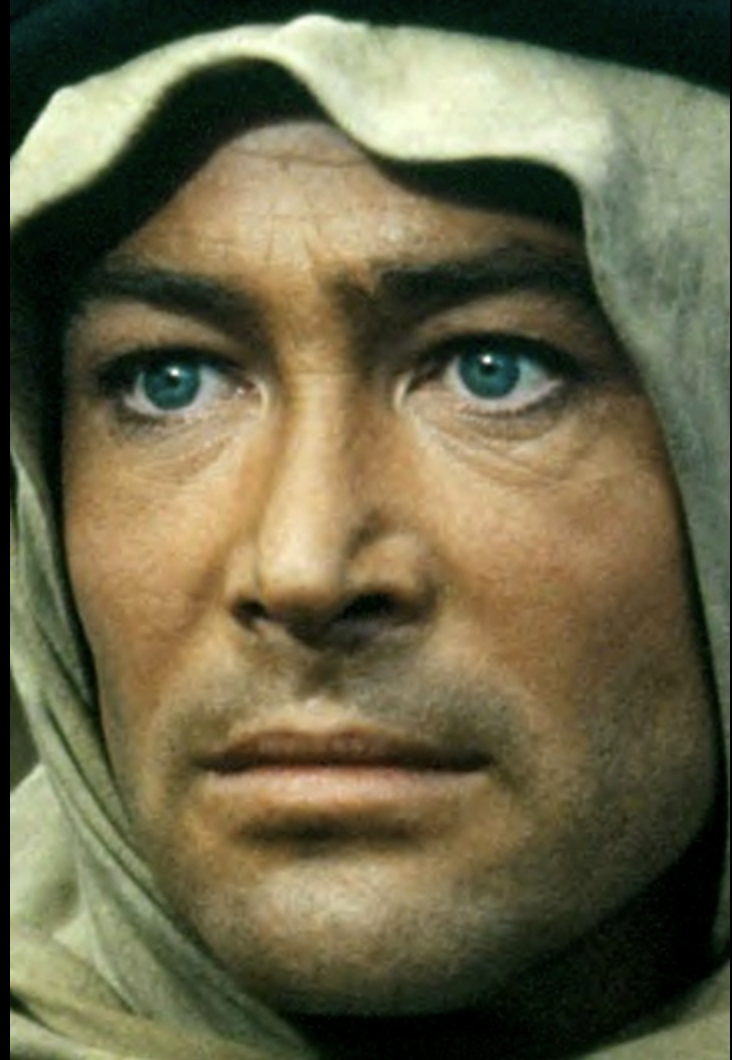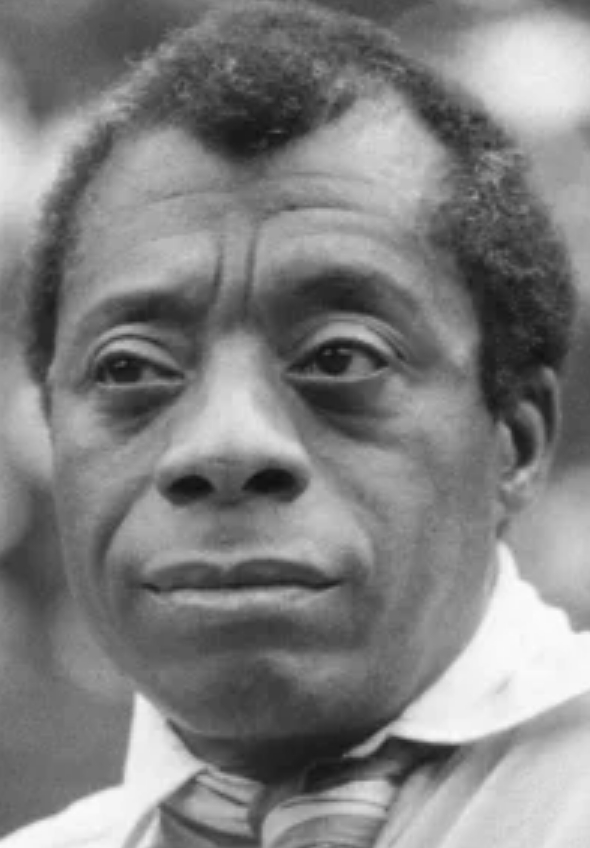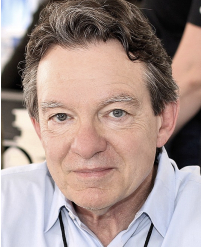August 2
Peter O’Toole

On this date in 1932, Peter O’Toole was born in Connemara, Ireland. When he was 16 he began working at the Yorkshire Evening News, but his journalism career was cut short when he was drafted into the navy. O’Toole later attended the Royal Academy of Dramatic Art, where he began acting in the theater. Starting in 1955, he spent three years apprenticing as a Shakespearean actor with Bristol Old Vic, a prominent theater company in Bristol, where he performed in over 70 productions.
O’Toole acted in his first film, “The Savage Innocents,” in 1960. The role that brought him to fame was his portrayal of T.E. Lawrence in the 1962 classic “Lawrence of Arabia.” O’Toole has since starred in many other notable films, including “Becket” (1964), “The Lion in Winter” (1968), “Goodbye, Mr. Chips” (1969) and “The Stunt Man” (1980). He received eight Best Actor Oscar nominations and in 2003 was awarded a Lifetime Achievement Oscar. O’Toole was married to actress Siân Phillips for 20 years and had two children with her, actress Kate O’Toole, born in 1960, and Patricia O’Toole, born in 1963. He also has a son, Lorcan, born in 1983.
O’Toole described himself as a “retired Christian” to The New York Times in 2007, as well as during an interview with Charlie Rose on PBS in 2008. He told the Times that he prefers “an education and reading and facts” to faith. In 1972 he played a delusional character who believed he was Jesus in the film “The Ruling Class.” During the film, O’Toole’s character says, “When did I realize I was God? Well, I was praying and I suddenly realized I was talking to myself.” (D. 2013)
PHOTO: O’Toole in “Lawrence of Arabia” in 1962.
"I am a retired Christian."
— "Papal Robes, and Deference, Fit O'Toole Snugly" (New York Times, July 26, 2007)
James Baldwin

On this date in 1924, writer James Arthur Baldwin (né Jones) was born in New York City to Emma Berdis Jones and an unknown father. His mother later married David Baldwin, a minister and factory worker who adopted him. The family, which included Baldwin’s eight siblings, led a life of poverty in Harlem. Baldwin had a particularly troubled relationship with his abusive and religious stepfather. He attended DeWitt Clinton High School and was a preacher for a Pentecostal church during his early teenage years.
At age 17 he left his family and traded Harlem for Greenwich Village to pursue a writing career. He eventually relinquished his religion and committed fully to his literary ambitions. He worked for a few years as a freelance writer, befriending novelist Richard Wright. After earning a scholarship in 1945 and publishing his first major essay, “The Harlem Ghetto,” Baldwin moved to Paris, where he spent most of his life. He published his best-known work, “Go Tell It on the Mountain,” in 1953 and wrote numerous novels, essays and poetry, including “Notes of a Native Son” (1955) and Giovanni’s Room (1956). He also wrote the plays The Amen Corner (1955) and Blues for Mister Charlie (1964), both well received.
Much of his work was inspired by 20th century social movements as well as his experiences living as a poor, black and homosexual man in a country that largely shunned these characteristics. For a while Baldwin returned to the U.S. to assist with the civil rights movement, for which he became a voice. He received the George Polk Award in 1963 for his journalism and was inducted into La Légion D’Honneur, the prestigious French order, in 1986. He continued writing and maintained a professorship at Hampshire College and the University of Massachusetts until his untimely death from stomach cancer at age 63. (D. 1987)
PHOTO: Baldwin in London’s Hyde Park in 1969; photo by Allan Warren. CC 3.0.
"If the concept of God has any validity or use, it can only be to make us larger, freer, and more loving. If God cannot do this, then it is time we got rid of him."
— Baldwin, "The Fire Next Time" (1963)
Lawrence Wright

On this date in 1947, journalist and author Lawrence Wright was born in Oklahoma City to Dorothy and Donald Wright. He graduated from Woodrow Wilson High School in 1965 (inducted into the school’s Hall of Fame in 2009) before earning degrees from Tulane University in New Orleans and American University in Cairo. He taught English in Egypt for two years.
Growing up, Wright imagined he could be a preacher. “It was a mistaken idea. I was religious as a teenager; it was a very pious environment and I was affected by that. As a young writer, I was covering the end of the civil rights movement, and I saw the power of religion for good. I became intrigued by the kind of personal witness I was seeing in the civil rights movement, and it made me consider how religion fit into society and where it would fit into my life.” (Publishers Weekly, Nov. 22, 2013)
His writing career started in 1971 at the Race Relations Reporter in Nashville, Tenn. He became a staff writer for Texas Monthly in 1980 and a contributing editor to Rolling Stone. In 1992 he joined the staff of The New Yorker.
His first book, in 1997, was about kids from New York City’s projects spending a summer in a Pennsylvania Amish community. Two more nonfiction works followed: “Saints and Sinners” (1993) and “Remembering Satan: A Tragic Case of Recovered Memory” (1994). His “God’s Favorite: A Novel” (2000) was a darkly comic fictional account of Panamanian dictator Manuel Noriega’s fall from grace, ending in the Vatican embassy surrounded by U.S. troops blaring rock music at him.
No longer did Wright imagine wearing a clerical collar. “I’ve written extensively about religion, although I’m not religious myself. I’ve always been curious about why people believe one thing rather than another, especially in America, where you can believe anything you want. Journalists underestimate the power of religious belief. We spend so much time writing about politics, neglecting the fact that people can have very strong political views without it affecting their behavior at all, while strong religious views tend to dominate people’s lives.” (New York Times, Sept. 24, 2023)
“The Looming Tower: Al-Qaeda and the Road to 9/11,” won a Pulitzer Prize for Wright in 2007. In 2011 he wrote a New Yorker profile of moviemaker Paul Haggis, a high-ranking Scientologist who left the church after 34 years, following it up with a 2013 book “Going Clear: Scientology, Hollywood, and the Prison of Belief.” He shared a 2015 Primetime Emmy for Outstanding Documentary based on the book.
Wright said he didn’t intend to write an exposé. “Why would I bother to do that? Scientology is probably the most stigmatized religion in America already. But I’m fascinated by it and by what drives people to Scientology, especially given its image. … [I]t really interests me why people are drawn to one faith rather than another, especially to a system of belief that to an outsider seems absurd or dangerous.” (New York Times, Jan. 2, 2013)
He was commissioned to write a play about the Camp David peace accords, which premiered in 2014 in Washington, D.C. “I’ve spent a lot of time examining these 13 days in Camp David, when three men from three different religions are coming to solve a problem that religion caused. They all had blood on their hands, and underneath that is the Old Testament.” (Publishers Weekly, Nov. 22, 2013)
He has published 11 nonfiction books, most recently, “Mr. Texas” (2023), two novels and seven plays. Wright is a member of the Council on Foreign Relations, the Society of American Historians and the American Academy of Arts and Sciences.
He has been married to Roberta Murphy since 1970. They have two children and live in Austin, Texas. He plays keyboards in the Austin-based blues band WhoDo, although he didn’t start playing the piano until he was 38.
PHOTO: Wright at the 2018 Texas Book Festival in Austin. © 2018 Larry D. Moore. Licensed under CC BY 4.0.
“The very same qualities that make [religion] so powerful — because it can place a transformative lens over the ways we perceive reality and can make our lives more tolerable and meaningful — can also distort reality in a damaging fashion. Religion is like a toxin that can be healing in certain doses but fatal in others.”
— Interview, Publishers Weekly (Nov. 22, 2013)
